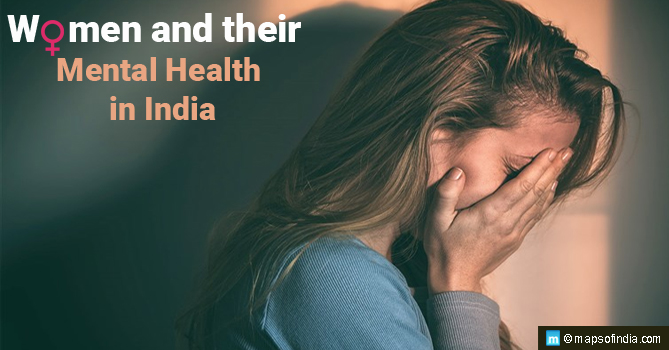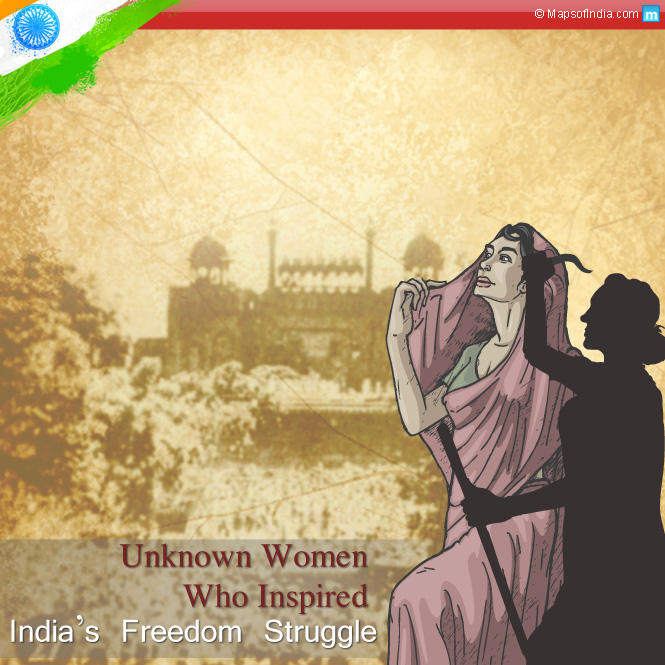
Chhapaak star Deepika Padukone was honoured at the 26th annual Crystal Awards ceremony that took place in Switzerland’s Davos on Jan 20. The awards were handed out at the World Economic Forum Annual Meeting.
Speaking at the ceremony, Deepika expressed,
“In the time that has taken me to accept this award the world has lost one more person to suicide.”
Deepika received the award for her contribution to mental health awareness. Her support through her own ordeal and put the issue on a global stage and supported many others who would have been otherwise consumed by the stigma surrounding the condition.
The Crystal Awards celebrate the achievements of leading artists and cultural figures whose leadership inspires inclusive and sustainable change.
Indeed, every other face we see today has something hidden behind those smiles and “I’m fine”. A survey conducted in 2015 by the World Health Organization, says that one in every five Indians may suffer from depression at least once in their lifetime, which is equivalent to 200 million people. The report also says that the percentage of women affected because of depression is 50% higher than men. On one hand, where depressive disorder accounts for close to nearly 41.9% of mental disorders in women, depression is not the only disorder in women when it comes to mental health.
Now the question is what is the pretext of this huge disparity in this percentage? Why are women more prone to depression?

The answer to this cannot narrow down to just one reason. However, some of the common factors which play a huge role to this disparity are abuse (domestic, sexual, eve-teasing gender disparity), poverty and various biological factors such as the hormonal changes experienced by women. Post-natal depression is another major cause behind it.
In all of these, one of the primary grounds of this percentage variance is socially constructed differences between men and women in roles/responsibilities, status/power and the responses of the society towards these genders.
If we peek into our Indian household, women are overburdened mostly. They’re considered responsible for the ménage. However, a subtle change in the outlook of the society has changed the percentage of women, to go out for work positively. Although, that didn’t change the scenario for women in their household as they’re still responsible for the major part of family responsibilities. These overburdened responsibilities on women in our society are the cause of major stress and are directly proportional to their mental health.
Another gender bias lies in the treatment of psychological disorder itself. It’s widely believed that women are hyper prone to emotional problems or also known as PMS (Post Menstrual Syndrome). Hence, doctors are more likely to diagnose Major Depressive Disorder in women as compared to men, even when they report similar symptoms or depressive disorder.
However, more research is required on the subject in order to diminish the root cause of gender stereotypes and percentage disparity in mental health in men and women in society.
Related Links:
Symptoms, Causes, and Types of Depression
Bollywood Celebrities Who Battled Depression in Real Life





